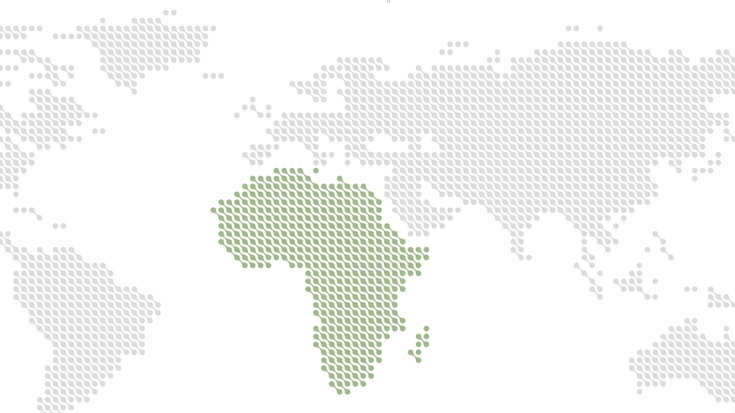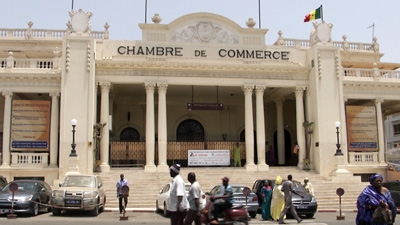The Top Performers
Eight countries in Sub Saharan Africa had a rise in overall CPIA scores. More policy reforms lifted Rwanda’s CPIA score to 3.9, putting it at the top of the CPIA list alongside Cabo Verde and Kenya. Burkina Faso, Senegal, and Tanzania followed close behind, each with a score of 3.8. The Democratic Republic of Congo achieved the largest gain, boosting its score from 2.7 to 2.9.
The picture is also bright for countries transitioning out of years of conflict. Policy reforms in these and other fragile countries accounted for over half of the improvement in overall CPIA scores in this year’s report. Cote d’Ivoire, for example, saw an uptick in its rating for a third consecutive year, thanks to wide-ranging policy reforms. Ongoing reforms (especially in governance) strengthened Chad’s CPIA score, while policy development progress lifted the score for the Democratic Republic of Congo.
South Sudan and Eritrea — both countries struggling with political and institutional challenges — had the lowest scores (2.1 and 2.0, respectively). At the same time, the Central African Republic’s CPIA rating was sharply lower, showing that conflict rapidly sets back policy gains.
This year’s report includes Djibouti and Yemen, with scores that were virtually unchanged from 2012. Despite unsettled conditions in the region and lingering challenges in global economic conditions, the stability of these two countries indicates that in the Bank’s Middle East and North Africa region, IDA countries generally opted to maintain their existing policy framework. Djibouti’s CPIA score was slightly higher than average (3.1) while Yemen’s was on par with the average.
Economic Management Remains High
Countries throughout the region continued to score the highest in the area of economic management. This trend reflects a mix of issues, such as the consensus among African policy makers that macroeconomic stability usually results in a productive private sector. At the same time, managing macroeconomic policy is not as politically charged as changing institutions (such as the judicial system).
“There was a wide range in the performance recorded by African countries in their economic management,” says Punam Chuhan-Pole, Lead Economist for the World Bank Africa Region and the report’s author. “This year’s scores show slippages in economic management and weaknesses in the fiscal framework in many countries, including Ghana and Zambia.”
“By contrast,” Chuhan-Pole says, “several countries, such as the Democratic Republic of Congo, the Congo Republic, Cote d’Ivoire, Nigeria and Rwanda, saw an improvement in debt policy and management.”
Differences in Trade and Gender Policies
African countries continued to make progress in programs affecting trade, the financial sector, and the business environment — all indicators under the structural policy cluster — with a regional average score of 3.2.
Four countries saw an improvement in their overall rating for trade: Democratic Republic of Congo, Lesotho, Liberia, and Rwanda.
Yet the average CPIA score on trade for Africa was 3.7, just below the score for countries in other regions worldwide. While there is still plenty of scope for all African countries to improve their trade policies, these results show that the challenge for trade in Africa relates primarily to its fragile states.
Progress with laws and policies that promote gender equality continued to lag behind most other regions. A few countries have made progress with gender equality — Cabo Verde, for example, has ranked highest (4.5) every year since 2005 —while five countries hold an average score of 4.0: Burundi, Ghana, Lesotho, Mauritania, and Rwanda.
Eight countries with a low 2.5 CPIA for gender equality also have extremely high rates of maternal mortality, a low percentage of births attended by skilled health staff, low contraceptive prevalence, and large gender disparities in secondary school enrollment.
Main CPIA Findings
- More than 40 percent of the region’s countries—16 out of 39—saw a change in their overall CPIA score, with an equal number of countries experiencing either an increase or a decline in this score.
- One-fifth of countries saw an improvement in their overall CPIA score, with several fragile countries strengthening their policy environment.
- Conflict and political instability continued to weigh down on the policy and institutional environment in some countries.
- Weaknesses in public sector governance remained, and this area of the CPIA continued to lag behind all other areas assessed by the CPIA.
The report concludes that the average overall CPIA score in Africa’s non-fragile countries is now similar to that of other non-fragile countries outside of Africa. But the gap between the region’s fragile countries and similar countries in other regions persists, illustrating that much work needs to be done on policies that support growth and reduce poverty in Africa.


